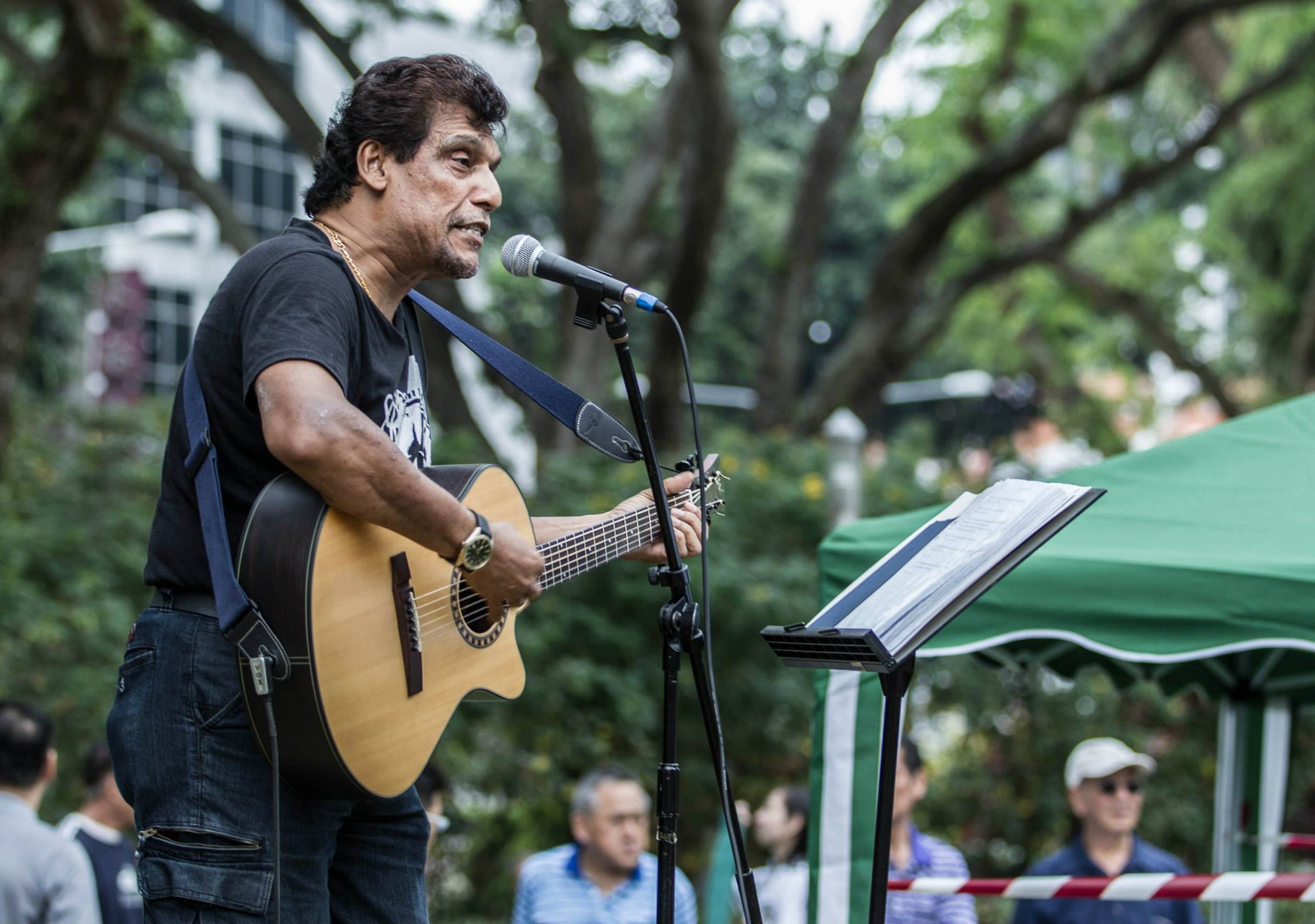by Laurent Thomet
The World Health Organization has warned against a global over-reaction to the new coronavirus epidemic following panic-buying, event cancellations and concerns about cruise ship travel, as China’s official death toll neared 1,900 on Tuesday.
More than 72,000 people have now been infected in China and hundreds more abroad, although the WHO stressed the disease has infected a “tiny” proportion of people outside its epicentre and the mortality rate remains relatively low.
The outbreak is threatening to put a dent in the global economy, with China paralysed by vast quarantine measures and major firms such as iPhone maker Apple and mining giant BHP warning it could damage bottom lines.
Trade fairs, sports competitions and cultural events have been disrupted, while several countries have banned travellers from China and major airlines have suspended flights.
The cruise ship industry has come into focus as hundreds of people became infected aboard a vessel off Japan. One passenger tested positive after disembarking another liner in Cambodia.
The WHO, which has previously said travel restrictions were unnecessary, rejected the suggestion that all cruises should be halted.
“Measures should be taken proportional to the situation. Blanket measures may not help,” WHO chief Tedros Adhanom Ghebreyesus told reporters in Geneva.
The WHO has praised China for taking drastic measures to contain the virus.
Authorities have placed about 56 million people in hard-hit central Hubei under quarantine, virtually sealing off the province from the rest of the country.
Other cities far from the epicentre have restricted the movements of residents, while Beijing ordered people arriving to the capital to go into 14-day self-quarantine.
Cruise concerns
More than 450 people have tested positive for the virus aboard the quarantined Diamond Prince cruise ship off Yokohama in Japan.
On Monday, the US repatriated more than 300 Americans, who now face another 14 days under quarantine.
Attention was also turning to the Westerdam, a cruise ship in Cambodia, where many of the 2,200 people aboard passengers were allowed to disembark after all initially receiving a clean bill of health.
They were met by Cambodia’s premier, taken on a bus tour of the country’s capital, and allowed to fly around the world.
But an 83-year-old American woman was later diagnosed with the virus after arriving in Malaysia.
‘Less deadly’ than SARS
The official death toll in China hit 1,868 Tuesday after another 98 people died, most in Hubei.
There were nearly 1,900 new cases — a drop from the previous day and the lowest figure this month. Reported new infections have been falling in the rest of the country for the past two weeks.
Tedros warned that the trend “must be interpreted very cautiously”, adding that it was too early to tell if the decline would continue.
But with the mortality rate at around two percent, the novel coronavirus is “less deadly” than its cousins, such as Severe Acute Respiratory Syndrome (SARS) or Middle East Respiratory Syndrome (MERS), the WHO said.
There have been some 900 cases around the world, with only five deaths outside the mainland — in France, Japan, the Philippines, Taiwan and Hong Kong.
More than 80 percent of patients with the disease have mild symptoms and recover, the WHO said.
“This is a very serious outbreak and it has the potential to grow, but we need to balance that in terms of the number of people infected. Outside Hubei this epidemic is affecting a very, very tiny, tiny proportion of people,” said Michael Ryan, head of WHO’s health emergencies programme.
Economic fears
Despite the WHO’s reassurances, global concerns persist, with an international inventions show in Geneva postponed and panic-buying in Hong Kong and Singapore.
Supply chains of global firms such as Apple supplier Foxconn and automaker Toyota have been disrupted as key production facilities in China were temporarily closed.
Apple said it did not expect to meet its revenue guidance for the March quarter, as worldwide iPhone supply would be “temporarily constrained” and demand in China was affected.
BHP, the world’s biggest miner, warned that demand for resources could be hit, with oil, copper and steel use all set to decline if the disease continues to spread.
– AFP







